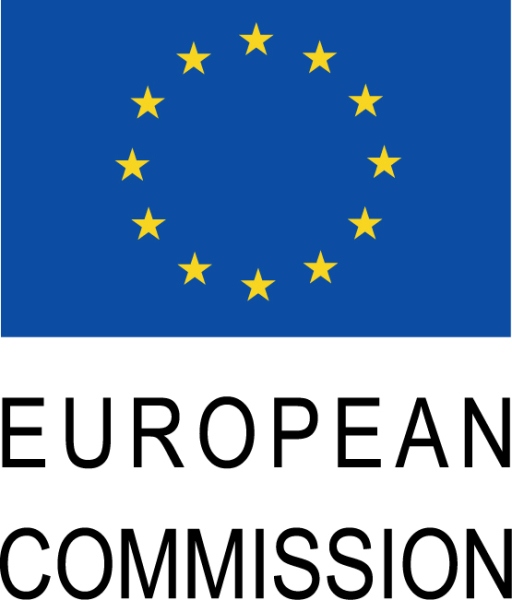


BRUSSELS, Kingdom of Belgium, August 8, 2014/African Press Organization (APO)/ — The European Commission will provide additional funding for the Airport Communication Project (AIRCOP) to disrupt the illegal networks that are disseminating drugs and other illicit products through smarter, more effective, well-connected and intelligence led counter-narcotic activities of participating airports. Its purpose is to strengthen detection, interdiction and intelligence capacities in several countries in Africa, Latin America and the Caribbean.
European Commissioner for Development, Andris Piebalgs, said: “Organised crime, drug trafficking and the damage that they bring are a global problem that requires a strong and coordinated response. Criminal organisations are responding to the success of coordinated law-enforcement agency efforts, with new smuggling methods. Therefore it is important to continue our collective efforts to counter drug trafficking and protect people in the European Union and countries where illicit products are produced and transported.”
The AIRCOP programme has established Joint Airport Interdiction Task Forces (JAITF) in participating international airports and connected them to international law enforcement databases and communication networks to promote intelligence and information sharing between services at national and international level. This includes encouraging real time transmission of information when illicit shipments are intercepted, as well as an intelligence-led approach to countering drug trafficking. The project also organises national and regional trainings as well as joint operations.
So far, thanks to the AIRCOP project more than 355 kg of cocaine were seized, as well as 127 kg of methamphetamine, 1120 kg of cannabis, around 4 kg of heroin, around 1400 kg of counterfeit drugs and 450 kg of ivory; 112 people were arrested.
Trafficking in drugs is one of the major sources of revenue of organised crime. Not only is it a threat to public health, but it also poses a serious threat to peace and stability, undermines economic and social development, and contributes to crime and insecurity.
Along the so-called Cocaine Route, from the countries in the Andes through the transit countries in Central America, the Caribbean, West, South and North Africa, to Europe, the drug trade feeds into and supports organised crime in all its aspects; exacerbating extreme violence, instability and the chronic weakening of state institutions.
The AIRCOP project was launched in 2010 and so far the European Commission has contributed almost €8 million. The newly announced funding of €3 million is for the third phase of the project, which will last until the end of 2016.
The programme is implemented by The United Nations Office on Drugs and Crime (UNODC), the World Customs Organization (WCO) and the International Criminal Police Organization (INTERPOL).
The countries currently participating are:
Africa: Benin, Cameroun, Cape Verde, Ghana, Côte d’Ivoire, the Gambia, Mali, Niger, Nigeria, Togo and Senegal
Latin America and Caribbean : Dominican Republic, and Panama
Background
Since 2009, under the Instrument contributing to Stability and Peace (IcSP; formerly known as the Instrument for Stability), the European Union has committed almost €35 million over 38 countries along the cocaine route through the flagship Cocaine Route Programme in efforts to fight against both organised crime and drugs trafficking.
The Cocaine Route Programme was the first of its kind to think strategically about the flow of drug trafficking and to provide support, technical advice, building capacities and encourage coordination between the states situated along the entire route.
The Cocaine Route Programme is at the centre of EU external, security and development strategies. By supporting partner countries’ capacities, it is carrying out activities in three main domains, notably the interception of illicit flows of drugs, fight against money laundering and improve information sharing. It therefore comprehensively addresses the multi-faceted challenges posed by organised crime and drug trafficking through a number of complementing projects.
Valuable results in the interdiction of illicit flows have been achieved also under other components of the Cocaine Route Programme, such as the AMERIPOL-EU project.
AMERIPOL-EU, which works on enhancing the capacity for law enforcement and judicial cooperation in tackling transnational organised crime networks, by also supporting the AMERIPOL Police Community in Latin America, has shown impressive results since it started in 2010. For example, cooperation between the law enforcement agencies of Ecuador and Colombia under the project’s aegis contributed to the seizure of 11 tons of coca in 2012. Another AMERIPOL-EU operation that involved Venezuela, Spain, Brazil and Argentina led to 13 arrests in 2013 and the seizure of 11 luxury cars, six yachts and cash related to drug trafficking.
Source: AFRICAWIN







